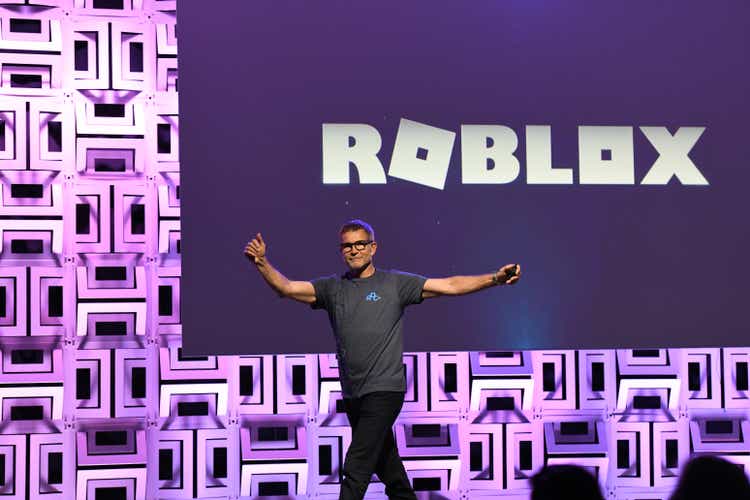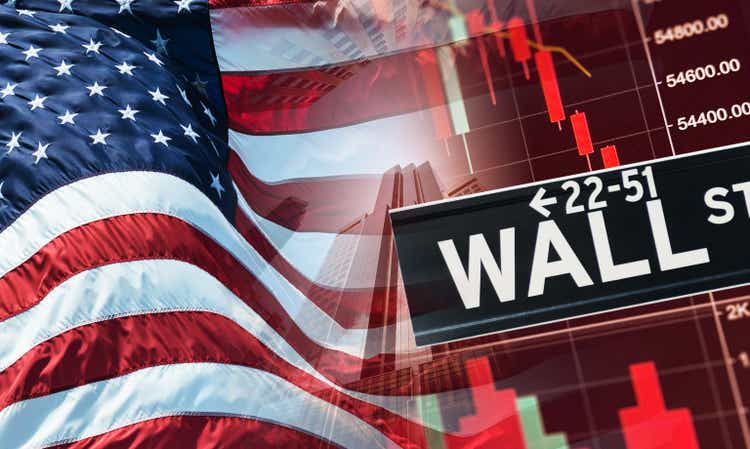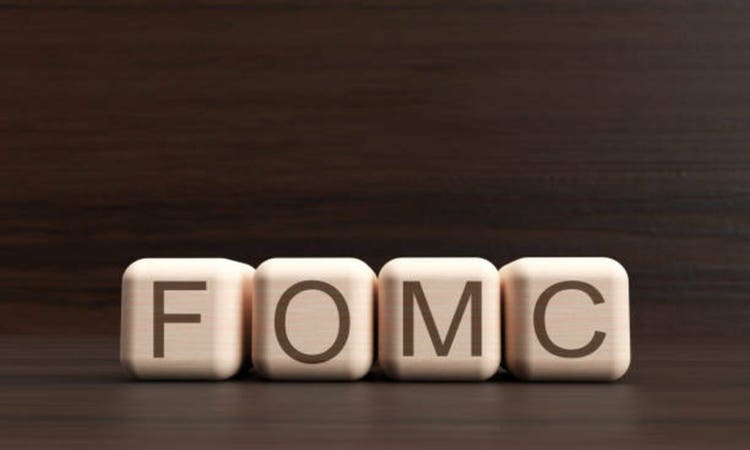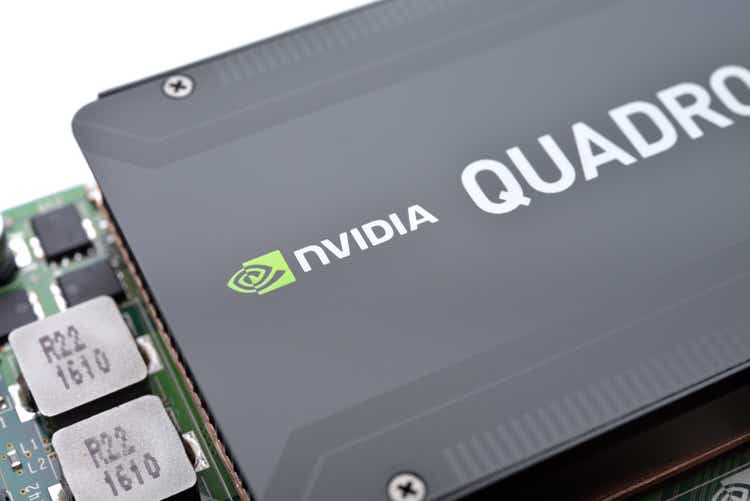IBM Vice Chairman Gary Cohn, the former Director of the National Economic Council under President Trump, sounded a cautious note on the state of the U.S. economy in his July 30 interview with CNBC’s Money Movers, warning that despite upbeat surface indicators, troubling signs are brewing beneath the headline numbers.
Cohn’s assessment came in the aftermath of a surprisingly robust GDP report showing 3% growth, which he acknowledged looked positive on its face. He said if you take a “big, wide aperture snapshot of the economy, the headline looks really good,” before arguing that a deeper analysis, even a “half-step back,” reveals important red flags. Notably, he highlighted a 15% drop in investment and concerning labor market statistics, including a significant decline in voluntary quits—a traditional signal of worker confidence in the job market. Cohn cited the latest JOLTS report, which showed 280,000 jobs lost and 150,000 fewer voluntary quits, suggesting Americans are growing more cautious about leaving their jobs for better opportunities. “People quit their job when they believe the next job is better and higher-paying,” he said, calling that a “bold statement on individuals’ view on the economy.”
Who eats the tariffs and who drinks the coffee?
“A snapshot of the economy right now is, ‘we’re fine, we’re good,’” Cohn said, referencing both the strong labor market and inflation measures that have moderated closer to the Federal Reserve’s 2% target. In fact, he argued the Fed is fulfilling its dual mandate of full employment and price stability, as the jobs market looks close to full employment, in his view. However, he warned about softer data such as consumer sentiment and in specific segments of the economy. Cohn noted that several soft retail earnings, such as Starbucks, show that “consumers are not out there willfully spending money.”
One of the interview’s major themes was the effect of tariffs and trade uncertainty. Cohn, who famously resigned from the Trump White House in 2018, seemingly after internal disagreements over tariffs, argued that tariffs should be applied carefully and strategically. He has clarified in 2024 and onwards that he supports tariffs on products the U.S. also produces, such as electric vehicles, but warned that indiscriminate tariffs risk inflaming inflation, especially on goods the U.S. does not manufacture domestically. Cohn has been saying for months that tariffs are “highly regressive” and essentially function as a tax on all Americans, with a greater impact on poorer people.
Cohn told Money Movers on July 30 that initially, U.S. companies may absorb some tariff-related costs, but said this was unsustainable in the long term due to shareholder and debt obligations. Ultimately, he argued, “companies are going to pass these costs along” to the consumer, squeezing household budgets and creating “one-time price shocks” that erode purchasing power if wages do not rise accordingly. Host Sara Eisen pushed back, arguing corporate balance sheets are healthy, companies are incorporating AI to boost efficiency, and companies may not want to anger the Trump administration, which has famously instructed companies to “eat the tariffs.”
Cohn’s consistent warnings about tariffs through the years have not come to fruition so far, but he’s far from alone in seeing a massive hit coming—at some point—from tariffs. The entire economics establishment has warned about the delayed impact of tariffs for months; as of July, though, the Trump administration has collected $100 billion in tariff revenue with seemingly little impact on inflation. Fortune‘s Irina Ivanova reported on how economists explain that, ranging from “it’s too soon” to “consumers won’t stand for it.” At the same time, Trump is increasingly winning trade deals on favorable terms to the United States, such as the EU’s agreement to a 15% tariff, with carve-outs on pharmaceuticals and metals, while U.S. imports to the EU will be duty-free.
Cohn’s question remains: Who will ultimately eat the tariffs, and who will buy the coffee? The American consumer is waiting for the economic dust to settle.
IBM did not immediately respond to a request for comment.
For this story, Fortune used generative AI to help with an initial draft. An editor verified the accuracy of the information before publishing.
This story was originally featured on Fortune.com

 21 hours ago
1
21 hours ago
1

















 English (US) ·
English (US) ·